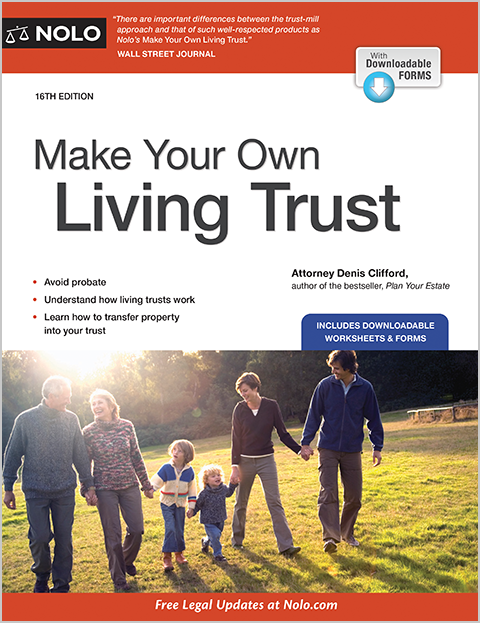 Pets and Estate Planning
Pets and Estate Planning
Not all that long ago, an estate planning lawyer would have given you an odd look if you had inquired about creating a "pet trust" or otherwise including your animals in your estate planning. But now, if you don't bring it up, your lawyer is likely to. A sizeable percentage of people who go to lawyers about wills and trusts want to take steps to make sure that if their animals outlive them, they will be well taken care of.
It's a reasonable concern. Many animals end up being surrendered to shelters after their owners die, and many of them do not find new homes. Usually, family members want to ensure a better outcome for the animals, but simply may not be able to take care of them or find a suitable home. Especially if the pet is older, ill, or unusual--think of a macaw, which can live to age 80 or above--finding a new home can be very difficult. And the wave of foreclosures in recent years has meant that many families formerly in their own homes are now in rentals, many of which don't allow animals.
Luckily, with some planning, you can provide for your pets, and make sure that they'll always have a home. Here are some of your options.
Ready to create your will?
You can plan to make sure that your pet has a good life after you die.
With a pet trust, you can leave money to be used for the care of your dog, cat, or other animal.
If you plan ahead, you can give your pet a good life after you die.
Empower Yourself: DIY Products by Nolo
Sidestep the lawyers with do-it-yourself books, documents, and software.
Online Form
Quicken WillMaker & Trust 2025 by Nolo
Online Form
Amendment to Living Trust
Nolo offers hundreds of consumer-friendly, do-it-yourself legal products for all types of legal situations. Browse our full product list.
More Legal Issues
Click below to view more legal issues. Our extensive collection of legal topics ranges across different areas of practice.
Corporations Car Accidents Criminal Law Debt Management Disability Law Divorce & Family Law

Learn About Our Team
Our editors have over 100 years of combined experience practicing law. These professionals have worked in a wide range of legal areas, from estate planning to criminal law to business formation and beyond. They’re experts at explaining complicated legal issues in easy-to-understand terms.
Learn more about the team that manages Nolo’s articles, books, and DIY tools.
Need a Lawyer? We Can Help
Find an experienced, local attorney in three easy steps. Our process is designed for ease and simplicity.
Describe Your Case
Briefly tell us about your case, and provide your contact information.
Get Connected
We find and instantly list attorneys that can best handle your case.
Hire an Attorney
Choose the attorneys you would like to work with.
Nolo Legal Dictionary
At Nolo, we prioritize quality and transparency because we know how important reliable legal information is to our readers. Our information is meticulously researched, regularly updated, and written in plain English by our experienced writers and editors. Learn more about our editorial standards.
Are You an Attorney?
Grow your firm with Martindale-Nolo, the largest legal network, and learn more about our attorney lead-generation and marketing services.
Integrity and Expertise You Can Rely On
At Nolo, we prioritize quality and transparency because we know how important reliable legal information is to our readers. Our information is meticulously researched, regularly updated, and written in plain English by our experienced writers and editors. Learn more about our editorial standards.




